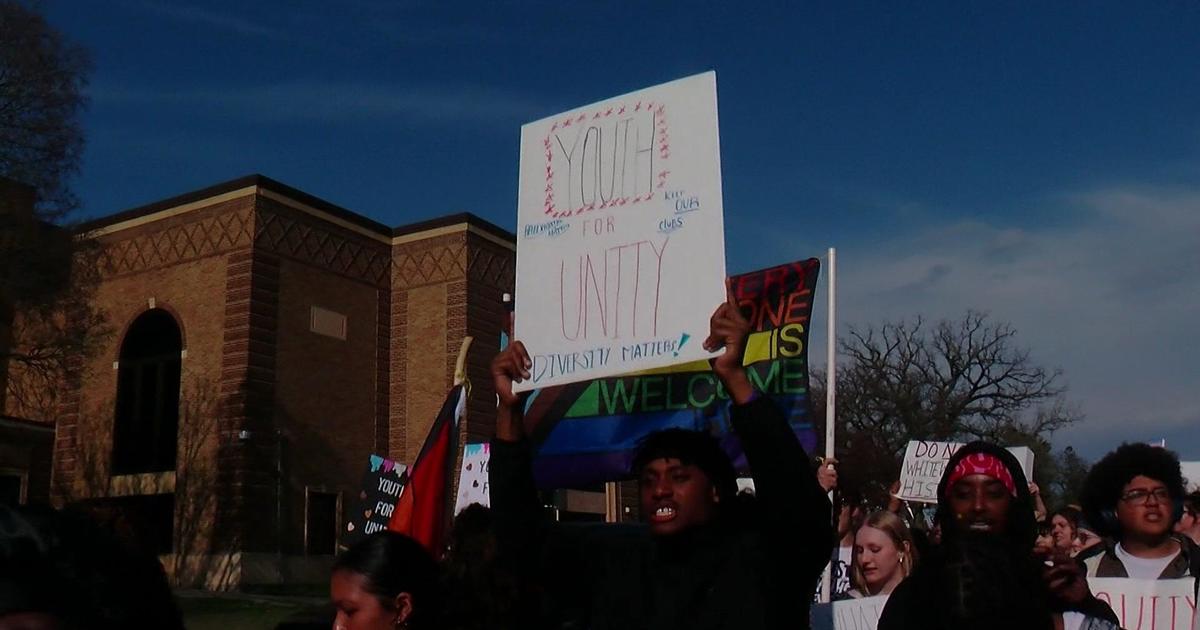Klobuchar, Franken To Vote Against Gorsuch Confirmation
MINNEAPOLIS (WCCO) -- Minnesota's two U.S. Senators are at the center of a partisan firestorm over the confirmation of Supreme Court Nominee Neil Gorsuch.
Gorsuch's nomination moved forward Monday when the Senate Judiciary committee voted along party lines to send the nomination to the the full senate. Minnesota Senators Amy Klobuchar and Al Franken both voted no.
When it comes to that full Senate vote which is supposed to happen later this week, Democrats are vowing to filibuster or block the nomination and Republicans are indicating if they have to they will permanently change Senate rules to get Gorsuch approved.
"He wasn't being honest," Franken said before the vote by the judiciary committee.
The senator accused Judge Neil Gorsuch of not being truthful during last month's confirmation hearings.
"His response to Democratic members of this committee were cagey and evasive," Franken said.
Sen. Klobuchar, a former prosecutor, said her no vote was based on what she saw as Gorsuch overreaching in a number of his decisions, many of which she finds troubling.
"For me, his rulings on critical cases affecting the rights of children with disabilities, campaign finance and preserving health protections have lead me to conclude I can not support the nomination," she said.
The Democrats' criticism of Gorsuch stood in stark contrast to Republicans' praise.
"I think Neil Gorsuch is a great pick by a conservative president and would be a great member of the court," Sen. Lindsey Graham of South Carolina said.
Democrats appear to have the 40 votes to filibuster the nomination in the full Senate, and that would force Republicans to change Senate rules, allowing a majority to approve the nomination. That change is being called the "nuclear option," because it would change rules permanently. That could someday hurt Republicans, if they find themelves in the minority.
"If the nuclear option goes through, it has the potential to dramatically weaken the minority party forever going forward in the Senate," University of Minnesota Law School professor David Schultz said.
During the Senate Judiciary Committee hearing, Republicans scolded Democrats, reminding them that in most cases Supreme Court nominees from both parties are often approved unanimously -- and that is true.
Democrats suggested their opposition is payback for Republicans who for 11 months refused to vote -- or even hold a hearing -- for Judge Merrick Garland, President Obama's nominee.
Ultimately, Democrats can't block Gorsuch's appointment, though both sides are hoping for some kind of deal to keep the "nuclear option" off the table.



